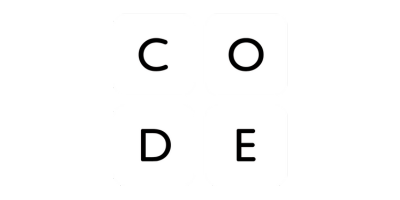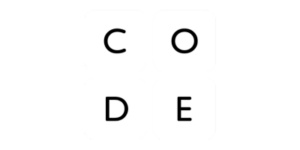Data science is the practice of collecting, analyzing, and interpreting data sets to solve complex, real-life problems using statistical and computational methods (DS4E). The foundational content for all students includes some learning outcomes related to data science. For continued learning beyond the foundation, we have defined the following content progression that includes two additional levels (fundamentals and specialty) that progressively build on this content. This progression may lead to a data science major and a career as, for example, a data scientist, data engineer, data modeler, statistician, or data ethicist.
Prioritized Foundational Content Specific to Data Science:
The data science content progression can be packaged in a variety of ways to meet the local context and needs of individual schools and districts. This data science course pathway serves as an example of how content in this specialty can be implemented in high schools. Each box represents a course and can be expanded to view a corresponding description.
see below
see below
see below
see below
The Pathway Capstone Course is an opportunity for students to apply advanced computer science knowledge and problem-solving, communication, and collaboration skills to tackle a personally meaningful computing project. Students will design innovative solutions and present them to authentic audiences, preparing them for future academic and professional pursuits. This course is designed to inspire creativity, foster collaboration, and demonstrate proficiency in real-world application of the knowledge, skills, and dispositions developed during prior coursework and experiences.
View the Implementation and Integrating CS pages to learn more about how to teach foundational and specialty content to students.
This project is supported by the National Science Foundation (NSF) under Grant No. 2311746. Any opinions, findings, and conclusions or recommendations expressed in this material are those of the author(s) and do not necessarily reflect the views of the NSF.













